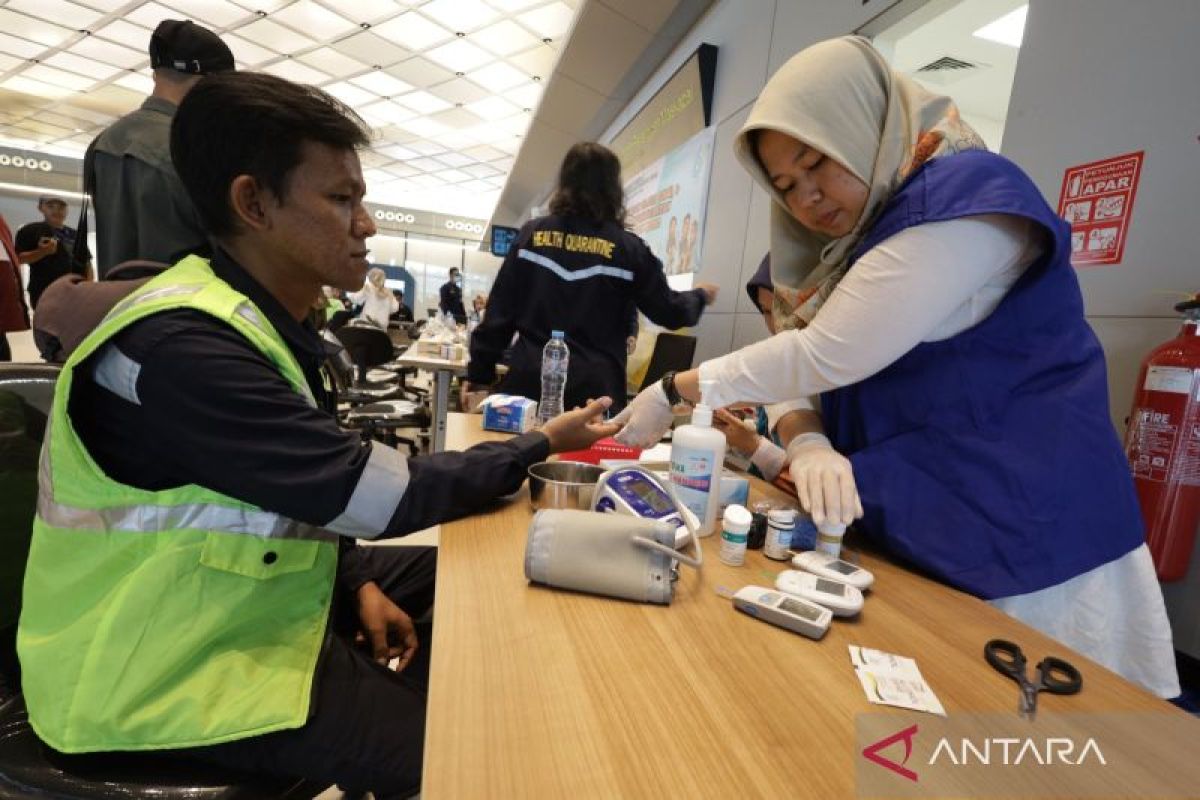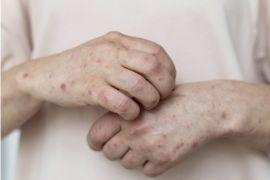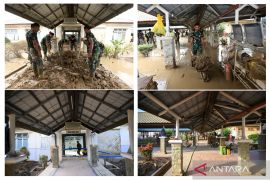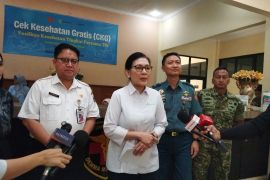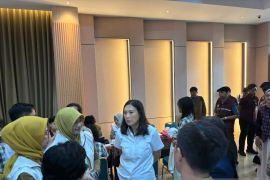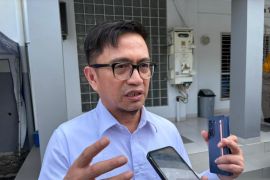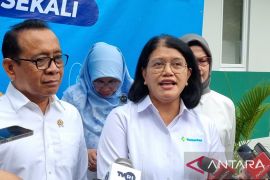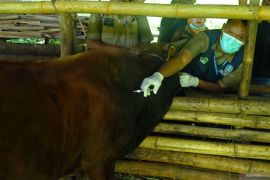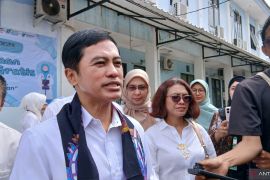He said the TB screening initiative alone has reached 20 million people, marking a key milestone in Indonesia’s shift toward promotive and preventive healthcare.
“Eighty-four million Indonesian children will reach productive age by 2045, our centennial of independence. We have only two decades to ensure they become a healthy and strong generation,” Sadikin said during the 61st National Health Day commemoration.
The government is pursuing three quick-win programs alongside a long-term health transformation launched four years ago to ensure healthcare is accessible, affordable, and high quality for all citizens. Progress across six pillars of the transformation shows strong collective commitment, he said.
In primary healthcare, 8,349 facilities now provide integrated care, supported by stronger disease surveillance and laboratory capacity. For the first time, Indonesia’s stunting rate among toddlers has dropped below 20 percent, standing at 19.8 percent.
In the referral care system, 29 provinces can perform open-heart surgery and clipping operations, while eight provinces can now carry out STA-MCA bypass procedures for stroke patients.
Related news: Ministry urges public to use free annual check-ups
Under the third pillar, focusing on pharmaceuticals and medical equipment, Indonesia now produces 10 of 14 antigens for routine immunization.
Health insurance reform has also advanced. The National Health Insurance (JKN) program covers 98 percent of Indonesians, or 268 million people. Insurance spending accounts for 36.3 percent of total healthcare expenditure, with JKN contributing 30.9 percent and private insurers 5.4 percent.
In human resource development, 61 percent of primary care facilities have nine essential types of medical staff, and 74 percent of regional hospitals employ seven key specialists.
On health technology, most facilities are integrated with SATUSEHAT, the national digital health platform. AI tools are improving disease detection, and the Biomedical and Genome Science Initiative (BGSI) now includes over 17,000 participants in precision medicine research.
Sadikin emphasized that transforming healthcare work culture is the foundation for success, urging all sectors to help build a healthier, smarter “Golden Indonesia” by 2045.
Related news: Ministry holds health check-up to realize national screening target
Reporter: Mecca Yumna Ning Prisie
Editor: Rahmad Nasution
Copyright © ANTARA 2025
